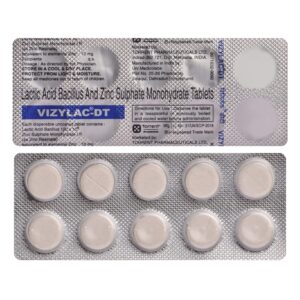PREBIOTIC
PREBIOTIC: Drug Name: Prebiotic
Use:
Prebiotics are non-digestible food ingredients that stimulate the growth and activity of beneficial bacteria in the gastrointestinal tract. They act as a food source for these beneficial bacteria, promoting their growth and survival. Prebiotics are typically used to improve gut health, enhance digestion, and support a healthy microbial balance in the intestines.
Mechanism of Action:
Prebiotics are carbohydrate compounds that resist digestion in the upper gastrointestinal tract. Instead, they pass through the stomach and small intestine intact and reach the colon, where they serve as a substrate for the growth of beneficial bacteria, such as bifidobacteria and lactobacilli. These bacteria ferment the prebiotics, producing short-chain fatty acids (SCFAs) and other metabolites that have several health benefits.
Dose:
The recommended dose of prebiotics can vary depending on the specific product and individual needs. It is typically taken orally as a supplement or consumed through dietary sources. The dosage and duration of use should be determined by a healthcare professional or as directed on the product label.
Side Effects:
Prebiotics are generally well-tolerated and considered safe for most individuals. However, some people may experience mild gastrointestinal discomfort, such as bloating, gas, or diarrhea, especially when starting with higher doses. These symptoms usually subside with continued use or by adjusting the dosage. In rare cases, individuals with preexisting gastrointestinal conditions may experience more severe symptoms. If any persistent or severe side effects occur, it is important to consult a healthcare professional for further evaluation.

